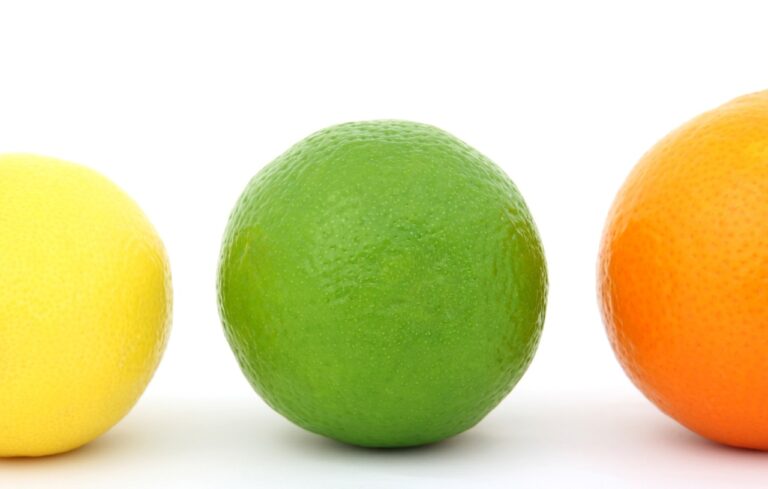Exploring the Health Benefits of Herbal Teas: From Traditional Remedies to Scientific Evidence
Herbal teas have been enjoyed for centuries for their delicious flavors and potential health benefits. From calming chamomile to invigorating peppermint, there is a wide variety of herbal teas to choose from. But beyond their taste, many herbal teas are also believed to offer various health benefits. In this article, we will delve into the world of herbal teas, exploring their traditional uses as remedies and examining the scientific evidence behind their potential health benefits.
History of Herbal Teas
Herbal teas, also known as tisanes, have a long history of use in various cultures around the world. Ancient civilizations such as the Chinese, Egyptians, and Greeks used herbal teas for their medicinal properties. These teas were often brewed using fresh or dried herbs, flowers, roots, and other plant parts, steeped in hot water to extract their beneficial compounds.
Traditional healers and herbalists passed down knowledge of herbal remedies through generations, using them to treat a wide range of ailments and promote overall well-being. Today, herbal teas continue to be popular for their soothing effects and potential health benefits.
Common Herbal Teas and Their Benefits
There are many different types of herbal teas available, each with its own unique flavor profile and potential health benefits. Here are some common herbal teas and the benefits they are believed to offer:
1. Chamomile Tea
Chamomile tea is well-known for its calming effects, making it a popular choice for promoting relaxation and improving sleep quality. It is also believed to have anti-inflammatory properties, making it beneficial for soothing digestive issues and reducing inflammation in the body.
2. Peppermint Tea
Peppermint tea is known for its refreshing flavor and ability to aid digestion. It may help alleviate symptoms of indigestion, bloating, and stomach cramps. Peppermint tea is also thought to have antispasmodic effects, making it useful for relieving muscle tension and discomfort.
3. Ginger Tea
Ginger tea is a popular remedy for nausea, motion sickness, and digestive issues. It has anti-inflammatory and antioxidant properties that may help reduce inflammation and protect against cellular damage. Ginger tea is also believed to promote circulation and support immune function.
Scientific Evidence Behind Herbal Tea Benefits
While traditional uses of herbal teas provide valuable insights into their potential health benefits, scientific research is essential for validating these claims. In recent years, numerous studies have investigated the therapeutic properties of herbal teas, shedding light on their mechanisms of action and potential applications.
1. Antioxidant Activity
Many herbal teas contain antioxidants, such as polyphenols and flavonoids, which help protect cells from damage caused by free radicals. Antioxidants are known to reduce inflammation, support cardiovascular health, and contribute to overall well-being. Green tea, hibiscus tea, and rooibos tea are particularly rich in antioxidants.
2. Anti-Inflammatory Properties
Some herbal teas, such as turmeric tea and ginger tea, have potent anti-inflammatory effects. These teas may help reduce inflammation in the body, alleviate symptoms of arthritis, and improve overall joint health. Chronic inflammation is linked to various health conditions, making anti-inflammatory teas a valuable addition to a healthy lifestyle.
3. Digestive Support
Mint teas, such as peppermint and spearmint, are popular choices for promoting digestive health. Mint teas can help alleviate symptoms of indigestion, bloating, and gas by relaxing the muscles of the digestive tract. They may also stimulate bile flow and support liver function, aiding in digestion and nutrient absorption.
FAQs About Herbal Teas
1. Are herbal teas safe for everyone to consume?
Herbal teas are generally safe for most people to consume, but individuals with specific health conditions or allergies should consult with a healthcare provider before incorporating herbal teas into their routine.
2. How should herbal teas be prepared for optimal benefits?
To maximize the benefits of herbal teas, steep them in hot water for the recommended amount of time specified on the package. Cover the tea while it steeps to retain the volatile compounds and flavors. Avoid adding excessive sweeteners or milk, as they can diminish the therapeutic properties of the herbs.
3. Can herbal teas interact with medications?
Some herbal teas may interact with certain medications or have contraindications for specific health conditions. It is important to consult with a healthcare professional before consuming herbal teas if you are taking prescription medications or have underlying health concerns.
4. How often can herbal teas be consumed for maximum benefits?
The frequency of herbal tea consumption depends on individual preferences and health goals. Most herbal teas can be enjoyed daily as part of a balanced diet and lifestyle. However, moderation is key, as excessive consumption of certain herbs may lead to undesirable side effects.
In conclusion, herbal teas offer a delightful way to support health and well-being, combining delicious flavors with potential therapeutic properties. Whether enjoyed for relaxation, digestion, or immunity, herbal teas have a lot to offer in terms of promoting overall wellness. By exploring the traditional uses and scientific evidence behind herbal teas, we can gain a deeper understanding of their health benefits and incorporate them into our daily routines for a natural boost.







